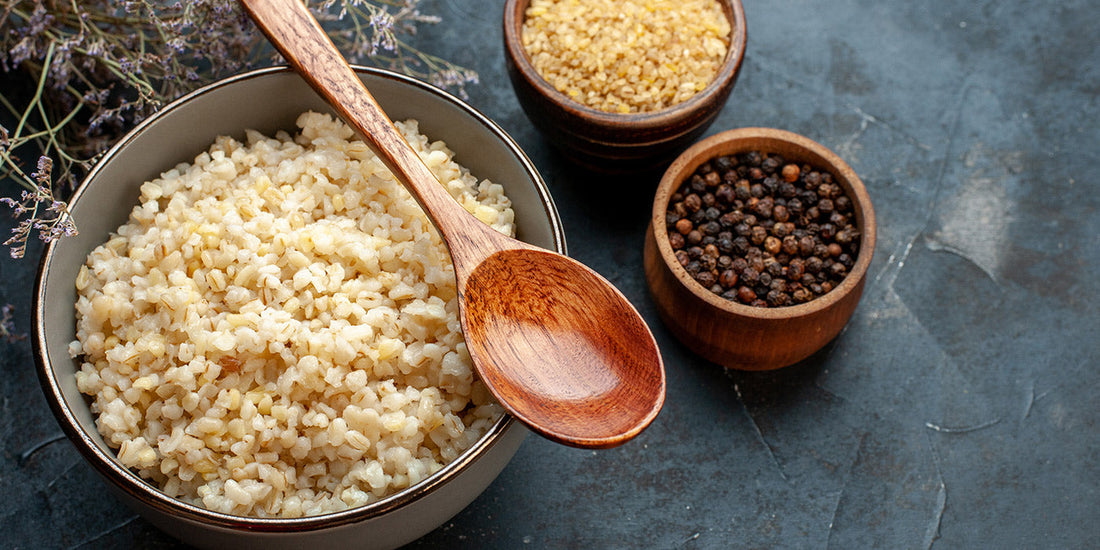
Why Eating Millets at Night Could Be a Smart Choice
Share
Introduction
Traditional grains are making a strong comeback—and at the center of this revival are millets, once-overlooked grains now celebrated for their impressive nutritional value. These tiny powerhouses are packed with health benefits, and incorporating them into your evening routine might be more beneficial than you think. In this article, we’ll explore why millets make an excellent bedtime snack and how they can support better sleep, digestion, and overall wellness.
1. Steady Energy through the Night
Millets are rich in complex carbohydrates, which means they digest slowly and provide a sustained release of energy. Unlike refined carbs that cause sudden spikes and crashes in blood sugar, millets keep energy levels stable throughout the night. This makes them ideal for those looking to avoid nighttime cravings or fluctuations in blood sugar while they sleep.
3. Gentle on Digestion and Good for the Gut
Millets are gluten-free and high in dietary fiber, making them easy to digest and gentle on the stomach. Eating a light millet-based meal before bed can help avoid nighttime digestive discomfort. The fiber also supports a healthy gut microbiome, encouraging the growth of beneficial bacteria and promoting long-term digestive wellness.
4. Nighttime Micronutrient Boost
Loaded with essential nutrients like iron, magnesium, zinc, and B-vitamins, millets deliver a valuable micronutrient boost right when your body is in repair mode during sleep. These nutrients support everything from immune function to energy metabolism, helping your body recover and recharge overnight.
5. Supports Weight Management
Trying to manage your weight? Millets can help. Their high fiber content promotes a lasting feeling of fullness, which can reduce the temptation to snack late at night. Plus, their low glycemic index and nutritional density may support healthier metabolic function, making them a great choice for those watching their diet.
6. Heart-Healthy Choice
Millets like pearl millet and sorghum have been linked to heart health, thanks to their content of beneficial compounds that may help regulate cholesterol levels. Including these grains in your dinner could be a simple yet effective step toward supporting a healthy cardiovascular system.
7. Protein Support for Overnight Recovery
While millets aren’t the most protein-dense grains, they still provide a balanced amino acid profile that supports muscle repair and growth. For active individuals or those engaged in fitness routines, a millet-based meal can aid in recovery and contribute to overall muscle maintenance.
8. Culinary Flexibility and Variety
Beyond health benefits, millets offer a welcome change from common grains like rice or wheat. From creamy porridges to savory pulao, they can be adapted into a wide range of evening dishes. This variety not only makes mealtime more interesting but also ensures a diverse intake of nutrients.
Conclusion
Millets are more than just a healthy trend—they’re a smart addition to your nighttime routine. With their slow-digesting carbs, sleep-supporting nutrients, and digestion-friendly fiber, millets offer a natural, nutritious way to wind down your day. Whether you enjoy a warm bowl of ragi porridge or a flavorful millet khichdi, these ancient grains can help you sleep better, feel fuller, and wake up more refreshed.
So, the next time you're planning dinner, consider giving millets a place on your plate—your body will thank you for it.